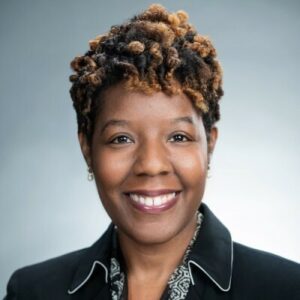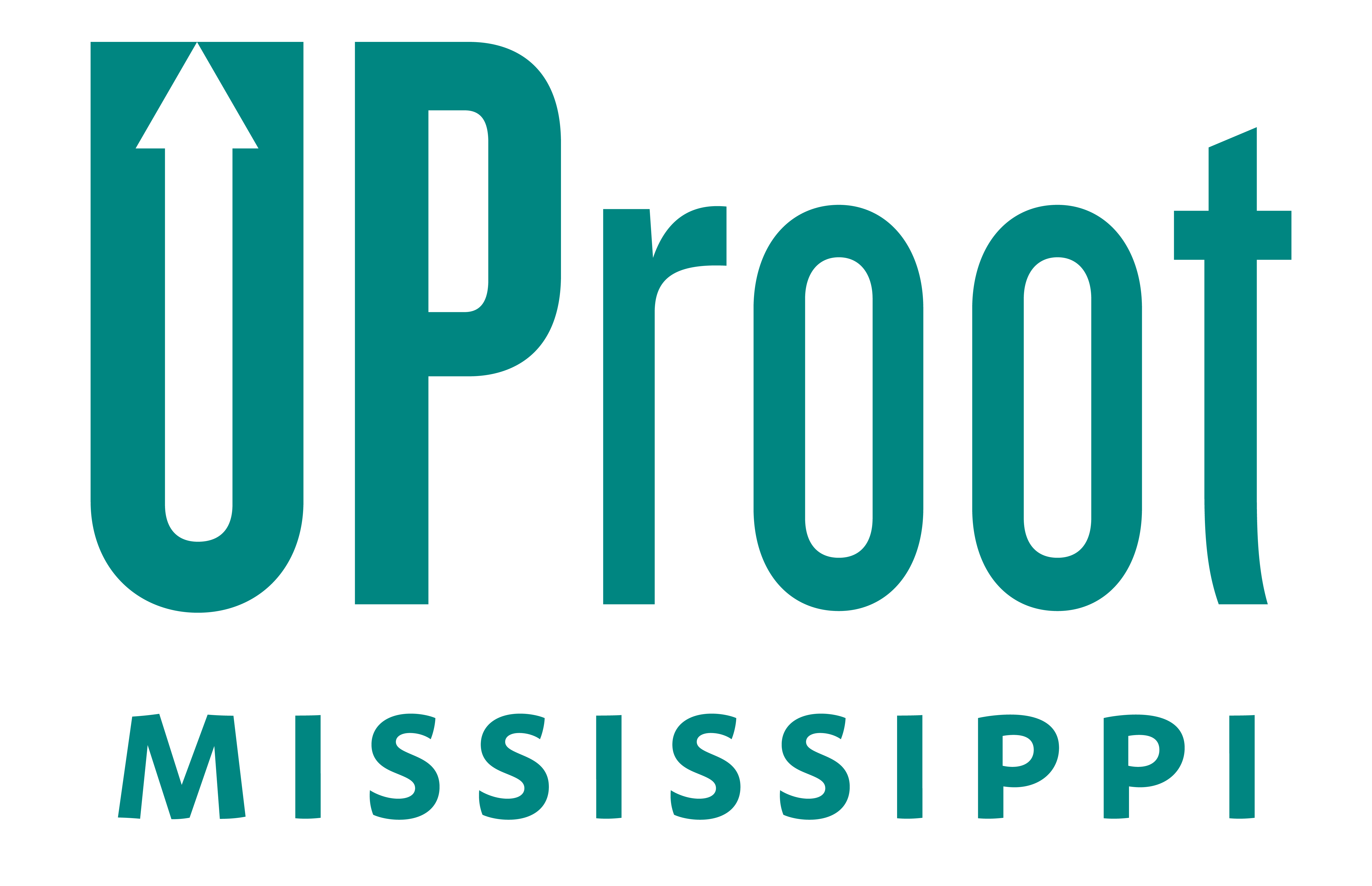
The Mississippi State Department of Health (MSDH) was recently awarded Age-Friendly Public Health Systems recognition by Trust for America’s Health (TFAH). We spoke with Dr. Kina White, Director of the Office of Community Health Improvement (OCHI) at MSDH, to talk about this great achievement and learn more about efforts to make Mississippi a more age-friendly state. Read on to see what Dr. White had to share!
What is healthy aging?
If we use the World Health Organization’s definition, healthy aging is defined as the “process of developing and maintaining the functional ability that enables wellbeing in older age”. It enables people to be and do what they value throughout their everyday lives.
Something that’s very important to consider when we think about healthy aging is that we’re all aging. I think that there’s this misperception that healthy aging is only applicable to older adults and it is not. The goal is for all of us to healthily age in our communities.
How is MSDH working to make Mississippi more age-friendly?
Through collaboration with Trust for America’s Health, the Mississippi State Department of Health is working to advance an age-friendly ecosystem in Mississippi. The state department has adopted Trust for America’s Health’s 6 C’s framework for creating age-friendly public health systems and is using this framework to guide its work in this regard.
The “6 C’s Framework” outlined by TFAH centers on advancing health equity when developing age-friendly public health systems. Right now, we’re working to support a local university to pursue the age-friendly university designation and we’re also helping employers take on more age-friendly practices in the workplace. So with this ecosystem, Mississippi is on a path to becoming an age-friendly state where we can create a healthy community that respects all persons so that we can all healthily age.
What resources indicate that a community supports healthy aging?
There are a number of resources to indicate that a community supports healthy aging. Affordable and reliable transportation is often one the greatest community needs. If a community is able to provide transport services for older adults–whether through a community-based van service or non-emergent medical transportation–then that community is supporting healthy aging in this capacity. Proper infrastructure, like walkable sidewalks, is another example.
Another example would be adequate training for service staff–like grocery store workers or cashiers. If those staff are effectively trained to work with older adults, who may have a language barrier or communication issue, then those customers would not feel stigmatized or ashamed that their communication needs may be different from someone else’s.
It’s really about creating an environment where individuals can live and thrive and not have to relocate because the support services are not there. And it does require an elevated level of planning, communicating, and coordinating with individuals. There is also a policy element. There has to be a need for policy change in these communities to ensure that transportation or infrastructure-related policies are in place to create those community van services and safe sidewalks.
And so this work happens on multiple levels–a policy level, or it could be a systems level–or it could be an environmental level–but that work is ultimately necessary to building age-friendly communities within our state.
In your opinion, what does it mean to create a culture of health?
For me, a culture of health is one that is equitable and where all persons, all collective individuals and organizations are respective of differences and similarities. Without equity, that culture, in my opinion, is not well established or sustained.
What projects are you excited about?
We have a new initiative called “Health Aging Champions”. It’s a volunteer-based program where older adults can volunteer to support our effort to become more age friendly as a state.
Volunteers can help us learn what local communities need and how to best offer age-friendly services. This project also gives our older adults a voice at the table for a change, which is really exciting.
Is there anything else you’d like to tell our audience?
We are proud to do this work and support all of our Mississippians as we age! I think this will be yet another great opportunity for collaboration in our state for sure.
For more information, reach out to Dr. Kina White at kina.white@msdh.ms.gov.
Responses edited for brevity and clarity. Views expressed in interviews published on this site are solely those of the interviewees.

